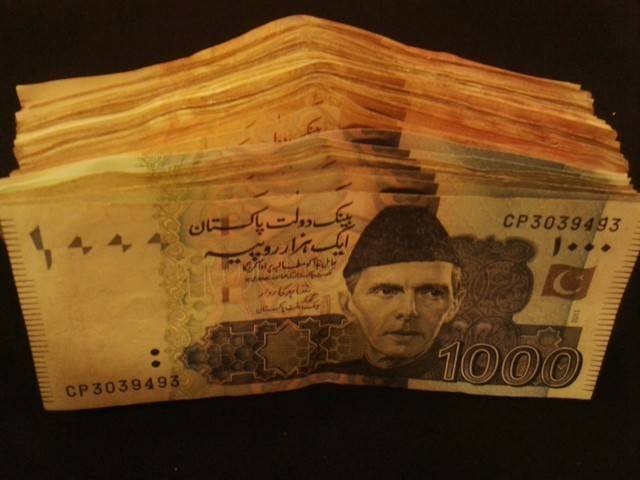Global Call for 2% Billionaire Tax Amidst Declining Overseas Wealth of Pakistanis
The report serves as a wake-up call, unveiling both the shifting landscapes of wealth and the urgent need for equitable taxation. It's not just about Pakistan but a global issue that demands serious consideration.

In Islamabad, a recent Global Tax Evasion report has not only unveiled a dramatic shift in the wealth held by Pakistanis abroad but also ignited a global conversation about taxing billionaires more fairly.
The report, a collaborative effort by the EU Observatory and the European Union (EU), suggests imposing a minimum 2% income tax on the world's billionaires. This bold proposition could raise a staggering $250 billion annually, an amount long overdue given that these billionaires collectively own $13 trillion in wealth but contributed a mere $44 billion in personal taxes last year.
The Global Tax Evasion report exposes that Pakistanis possess $19.2 billion in offshore assets. Among these assets, $8 billion is held in cash, shares, bonds, and investments, with an additional $11.2 billion invested in the real estate sector. Astonishingly, this offshore wealth constitutes 3.6% of Pakistan's Gross Domestic Product for 2022.
Exploring Pakistan's Offshore Wealth:
Diving into the details, $8 billion is allocated to equities, bonds, mutual fund shares, and bank deposits in 2022. Notably, the majority of this wealth, around $4 billion, resides in Asian tax havens, followed by $2 billion in European tax havens, $1 billion in Switzerland, and $910 million in American tax havens. It's worth noting that this offshore wealth saw a reduction of $1.1 billion compared to 2021, primarily attributed to assets in Asian tax havens.
Over half a billion dollars were stashed in Asian havens
Switzerland, once the primary custodian of Pakistanis' assets, saw a significant shift. It peaked at $19 billion in 2007 but declined to $2 billion in 2016, coinciding with political changes in Pakistan following the Panama leaks. This shift suggests that Pakistanis may have shifted their wealth from Switzerland to predominantly Asian tax havens. In 2007, just over half a billion dollars were stashed in Asian havens, a figure that swelled to $5 billion in 2021 before declining to $4 billion last year.
The heart of the matter lies in the report's proposal: a 2% minimum tax on billionaires. This proposal aims to counter tax evasion and generate an astounding $250 billion from fewer than 3,000 billionaires globally. It's a necessary step to ensure a fair distribution of wealth and tax contributions.
Global Impact:
The report highlights that global billionaires currently enjoy remarkably low effective tax rates, often falling between 0% and 0.5% of their wealth. In response, the EU Observatory recommends this minimum tax on billionaires to bridge the gap and prevent evasion.
This significant economic shift is not only affecting Pakistan's overseas wealth but also sparking conversations about fair Business in Pakistan and its impact on the Pakistan Economy. Additionally, it prompts us to reevaluate the global approach to taxation, especially in a digital age driven by Technology in Pakistan and elsewhere.
The report serves as a wake-up call, unveiling both the shifting landscapes of wealth and the urgent need for equitable taxation. It's not just about Pakistan but a global issue that demands serious consideration. With the proposal for a 2% billionaire tax, we may witness a pivotal shift towards a more equitable financial world. This report also calls for transparency measures and reform to tackle tax evasion, offering hope for a fairer financial future.


 The Express Tribune
The Express Tribune 





